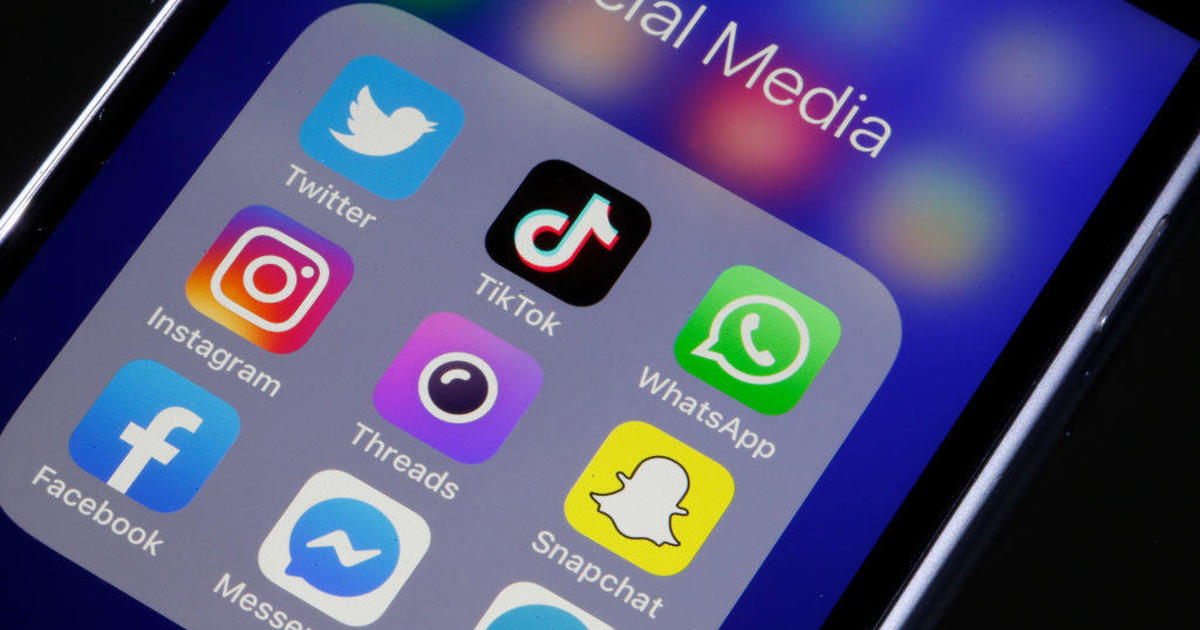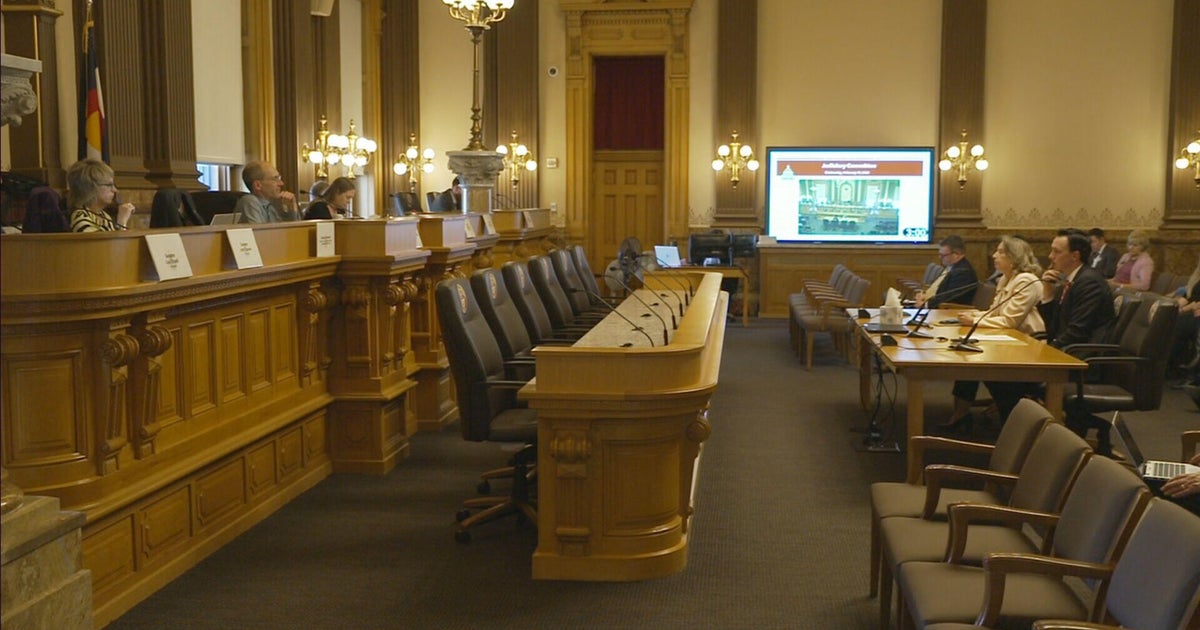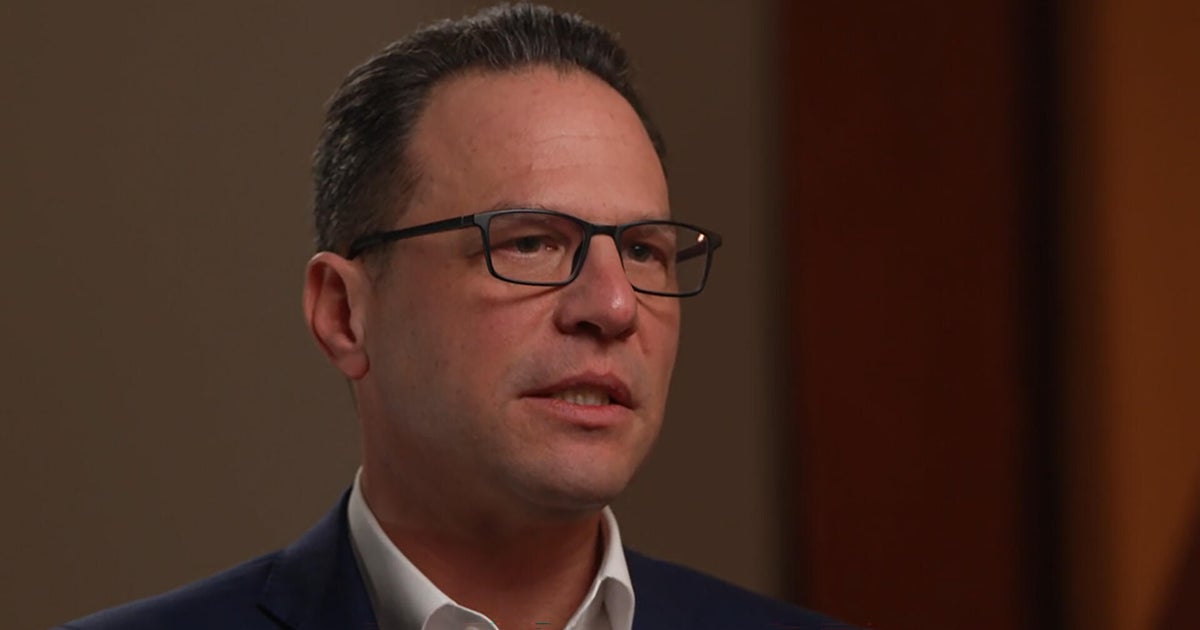Revamped lawsuit targets Florida's tech law
TALLAHASSEE - Four months after the U.S. Supreme Court sent the case back for further consideration, industry groups NetChoice and the Computer & Communications Industry Association have filed an amended lawsuit challenging the constitutionality of a 2021 Florida law that placed restrictions on social media platforms.
In 2021, U.S. District Judge Robert Hinkle issued a preliminary injunction to block the law on First Amendment grounds, and an Atlanta-based appeals court in 2022 upheld most of his decision.
But on July 1, the Supreme Court vacated the appeals court ruling and sent the lawsuit back. The Supreme Court did not resolve the constitutional issues but said the 11th Circuit and another appeals court in a similar Texas case did not properly consider the "facial nature" of challenges to the laws, a critical element in deciding whether they met constitutional muster.
In the revamped lawsuit, attorneys for the groups argued social media sites undertake efforts "to keep out potentially harmful, offensive, and unlawful material - including terrorist propaganda, child sexual abuse material, fraudulent schemes, and bullying" to try to keep the internet safe.
"Florida might disagree with some of those decisions. But the First Amendment does not permit it to 'control the expression of ideas, promoting those it favors and suppressing those it does not,'" lawyers for the groups wrote, pointing to the Supreme Court ruling.
Gov. Ron DeSantis and the Republican-controlled Legislature approved the law after Facebook and Twitter, now known as X, blocked former President Donald Trump from their platforms after Trump supporters stormed the U.S. Capitol on Jan. 6, 2021.
The law, for example, prevented platforms from banning political candidates from their sites and required companies to publish - and apply consistently - standards about issues such as banning users or blocking their content. The law applies to social media platforms that have annual gross revenue of over $100 million or more than 100 million monthly active users.
Companies could face steep penalties for violating the restrictions.
Hinkle has scheduled a July 2025 hearing in the case.







